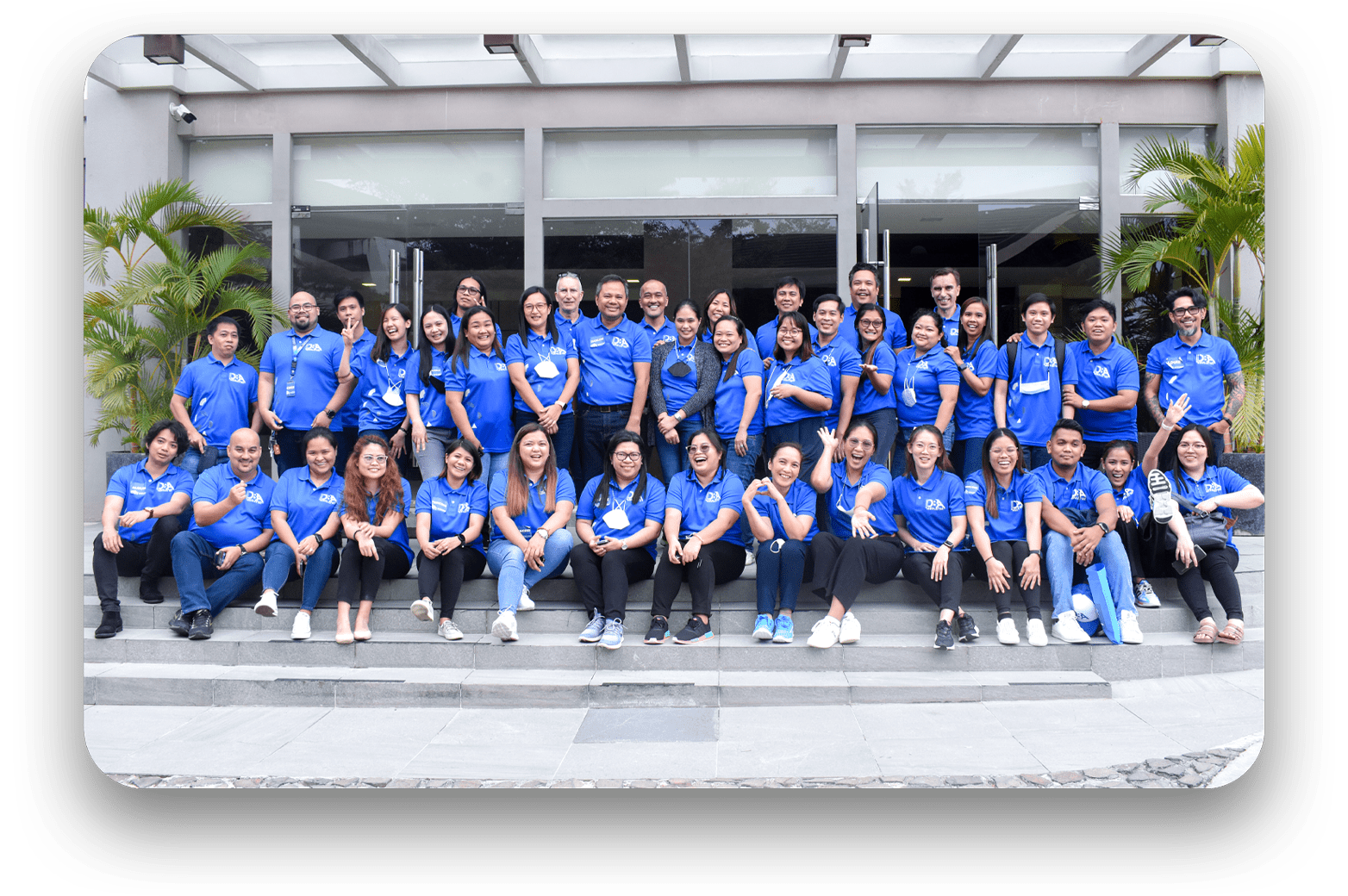The world is now digital. From communicating with our loved ones and buying daily necessities to doing business – everything is online.
However, as more people go online for work, the risks of being a target of cybersecurity threats and attacks also increase. Unfortunately, their limited capacity and resources to protect themselves make small and medium enterprises (SMEs) most vulnerable to cyberattacks. Hence, we offer these 5 cybersecurity tips for SMEs to consider for their risk management strategy to help boost their online security.

Cybersecurity tips for SMEs to consider
1. Apply Regular Updates
To keep pace with ever evolving cyberthreats, software providers continuously create updates to correct security issues and improve functionality. Whether it is for operating systems, software or application, ignoring an update can leave you unprotected and increase your vulnerability to cyberattacks.
Moreover, updates include security patches to ensure your system and network endpoints are secure and critical data remains safe. Updating regularly not only strengthens the stability of your operations, but also enhances your defence against old and new cyberthreats.
Hence, SMEs should consider:
- Turning on Automatic Updates for your operating system.
- Using web browsers that receive frequent and automatic security updates, e.g., Chrome.
- Ensuring browser plug-ins are up to date, e.g., Flash, Java.
- Implementing a strict patching policy for your employees or users.
- Upgrading unsupported software, devices and hardware.
Aside from regular updates, upgrading end-of-life operating systems to newer versions also helps increase your cybersecurity. This is because end-of-life or end-of-support programs and software are no longer capable of updating their security signatures to protect your data. Hence, you should upgrade or subscribe to newer versions with advance capabilities to detect and prevent new threats.
2. Staff Awareness Training
A report found human error accounted for 41% of data breaches in Australia from July to December 2021. Your employees are your first line of defence against cyberthreats, and an effective cybersecurity training ensures your business is protected from within. Hence, SMEs should consider:
- Spreading awareness on the different types of cyberthreats.
- Providing training on cybersecurity measures and prevention.
- Offering regular training on cybersecurity best practices.
- Developing and implementing an Incident Response Plan.
- Creating a culture of security.
Giving your employees the skills and techniques to identify malicious software and online threats also helps you avoid employee-initiated attacks. Moreover, making network security a priority in your workplace culture helps in positioning your employees to become cyber resilient.
Investing in the most sophisticated cybersecurity tools can be ineffective if your staff are not aware of their role in ensuring data security.
3. Protect devices
Antivirus software can detect and remove viruses, spyware, ransomware and phishing scams before they can harm your device and files. Also, a great antivirus software blocks spam and ads. Moreover, it can clean and reset devices to their pre-infected state.
Hence, when looking for the best antivirus software, SMEs should consider:
- email scanning abilities
- download protection
- speed
- malware scan ability
- compatibility with your device and privacy policy
Firewalls also filter and block threats, whilst ensuring your software is not sending sensitive information over the Internet without your permission. Hence, most routers and PCs have their own built-in firewalls to protect your network and data from unauthorised access. However, if you have staff working from home, you might need to deploy advance software firewall for each remote work device.
4. Require authentication
Hackers usually break into computers and devices by guessing the user’s password. Thus, having weak passwords and password management makes you an easy target for unauthorised and brute-force access.
Creating strong and unique passwords for your devices and accounts increases your security against malicious activities and cyberthreats. You can also consider using a password and identity management tool like LastPass. But if you have more important projects to prioritise, you can opt to update your passwords with the following in mind:
- Use 12 characters or more
- Include lowercase and capital letters, numbers, and symbols
- Not use repetitive characters or sequences
- Avoid human readable words, names, or recognised context
- Change passwords every 3 months and never reuse old ones
Another good practice SMEs should consider is implementing multi-factor authentication (MFA). MFA enables you to require additional information other than passwords to access your network or systems. It is an extra layer of security which is also quite helpful when you cannot remember your password.

5. Outsource managed IT services
SMEs do not have the same IT resources as those of large businesses, yet face the same cyberthreats and risks. Hence, they need a more cost-effective and cost-efficient way to increase their cybersecurity and eliminate vulnerabilities.
Outsourcing a managed service provider (MSP) is the best option for SMEs to protect their business. MSPs enable SMEs to have their own team of IT experts and access to the most advanced cybersecurity solutions.
A trusted MSP can also deploy additional layers of security, offer basic training, or manage your IT security systems. MSPs also provide advice on your cybersecurity strategy and implement other tools, procedures and techniques, including:
- Performing regular back ups
- Implementing data encryption
- Creating an incident response plan
- Deploying a virtual private network (VPN)
- Migrating to a cloud-based storage
How to apply these Cybersecurity tips for SMEs
DBA prides itself for investing in the best IT and Cloud infrastructure and provide our clients the same level of cybersecurity. We offer industry IT consulting services in Australia, New Zealand, Singapore, and the United States that result in a cost-saving strategy for businesses.
Our industry-leading proactive Managed IT Services program gives you the benefits of an MSP relationship for all your software and hardware needs. We can help you acquire the most advance IT solutions, whilst removing the expense of doing it all in-house.
When you outsource with DBA, you will work with experienced and Certified IT professionals who have specialised expertise. We can help improve your business operations through the application of infrastructure best practices. Our team of highly skilled IT professionals can also identify your vulnerabilities and the tools you need to secure your business.
Moreover, we are a Gold Microsoft Partner in different competencies. In fact, we have successfully satisfied the requirements for demonstrating and validating our technical capabilities in various Microsoft products.

Maann Sagun, MDC, DMP

Maann Sagun, MDC, DMP
Share


DBA’s Global Head of Sales and Marketing, Jason Ryan recently attended the Intrigue MAdVerse Conference in Melbourne, where key insights around the evolving concept of “value” were shared. His takeaway: value is not just a concept—it’s an experience that is deeply human. At DBA, we are committed to embracing innovation while staying rooted in empathy, creativity, and connection to build a future where technology and humanity thrive together. Read more of his insight here!

Jason Ryan CFP, DBA’s Global Head of Sales and Marketing, attended the Symphony Conference in February, hosted by Fin365, Principals Community, and Netwealth. The event brought together industry leaders and professionals to discuss the latest trends and strategies in the financial services sector.






© 2024 DBA. All Rights Reserved.





